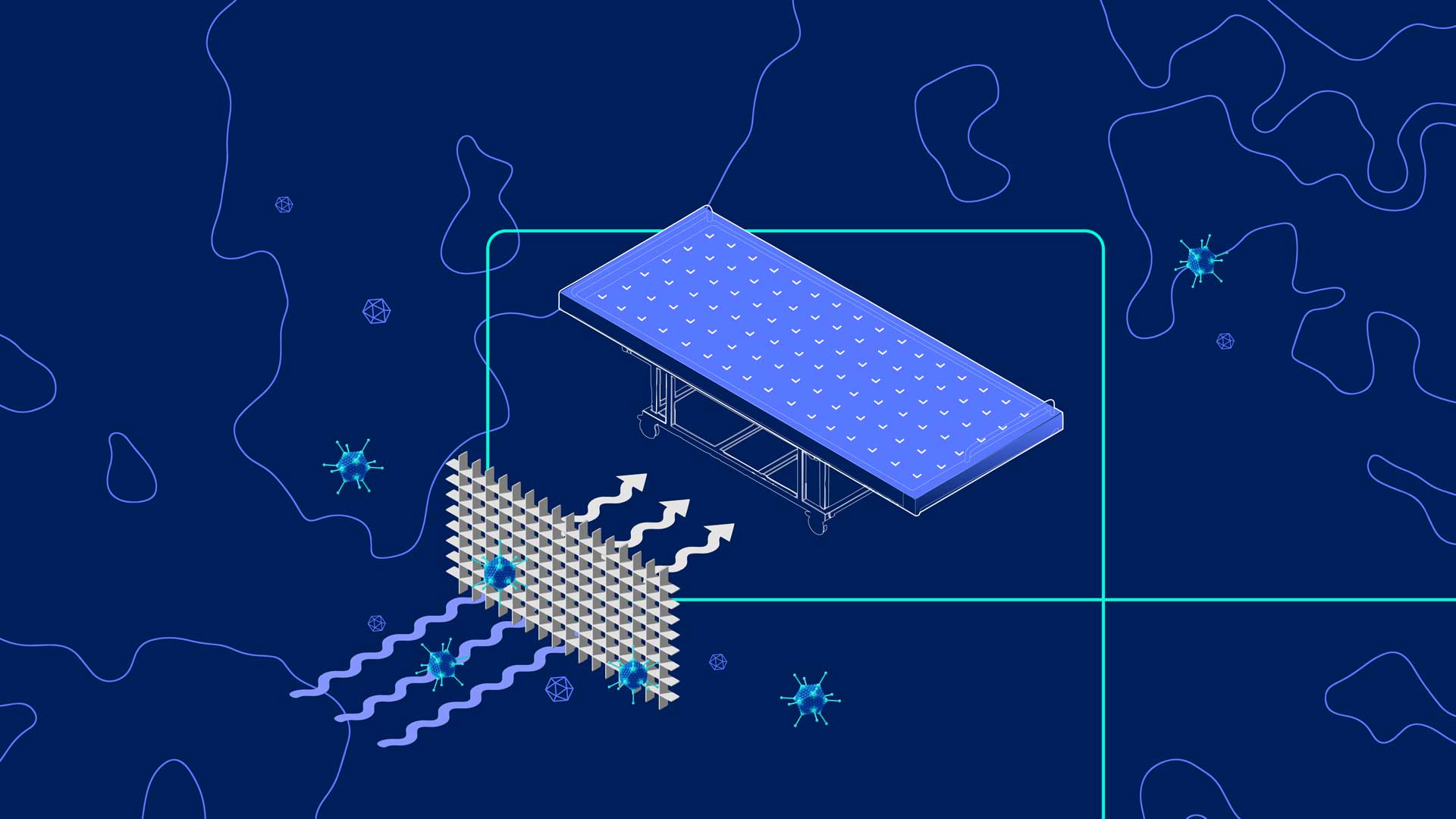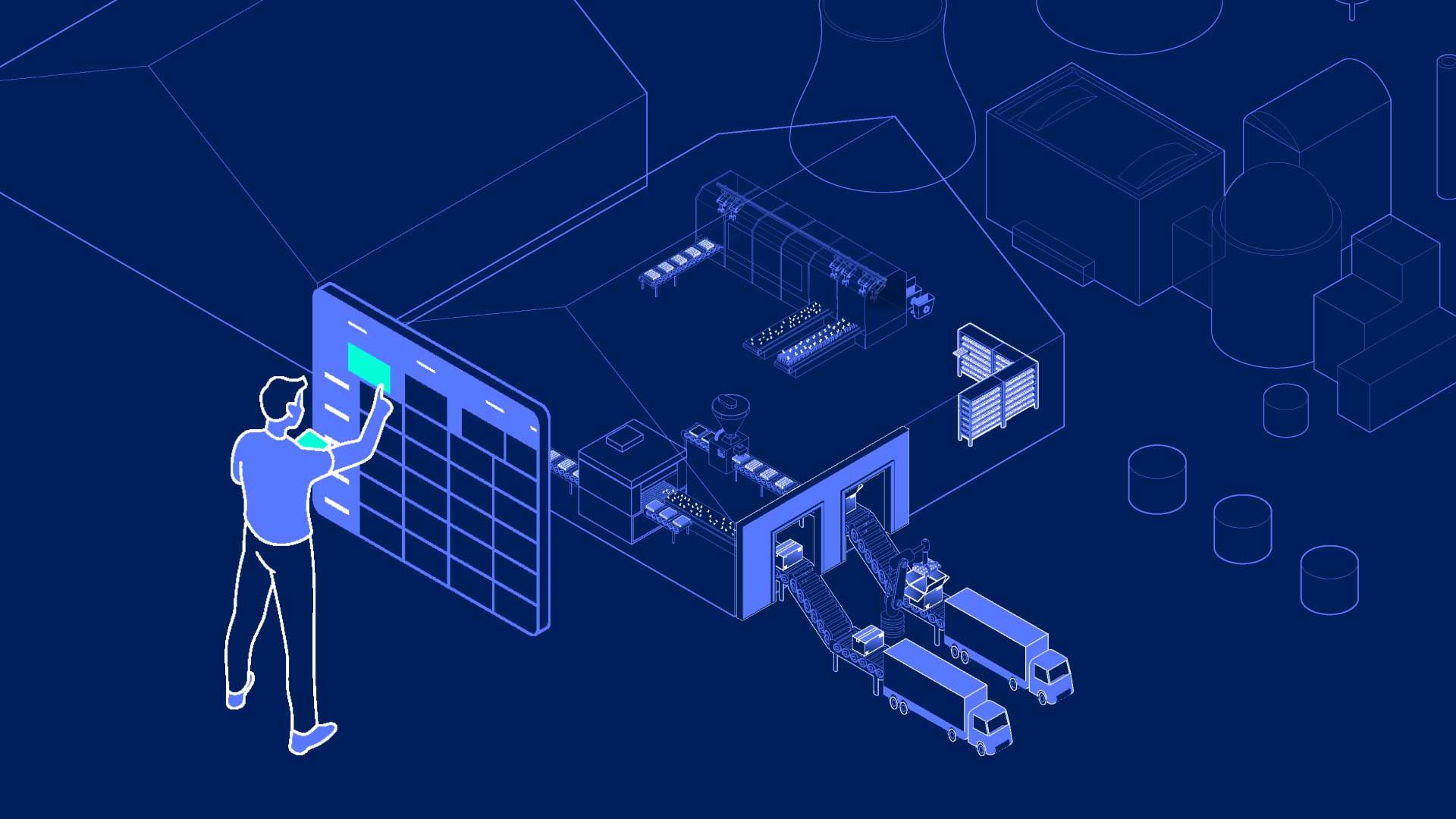Farming in the UK: Are our food production systems sustainable enough?
The UK farming industry faces a wide range of challenges, the resulting effect of which has exposed the vulnerabilities in our food supply chain. Is there a need for growers to move towards more sustainable farming practices? How can we increase our system's resilience and improve food security?
What is farming and food production like in the UK right now?
The UK's food supply chain has been exposed as vulnerable recently due to a variety of factors, including climate change, increased living costs, and geopolitical tensions.
Only half of the food people in the UK eat is actually grown here. In fact, two countries are responsible for 69% of imports of fresh vegetables and four countries account for 44% of fresh fruit imports into the UK.
As a result, the UK must look at ways of increasing the resilience of our food system by moving to more sustainable and regenerative farming methods to ensure we can feed people and help protect the planet.
What's the problem with traditional farming?
There is no one problem with traditional methods of farming, but there are areas that can be improved upon, such as water consumption, pollution from fertilizers and pesticides, efficiency, and yield. This is because traditional open-field farming methods often have negative effects on the environment, including soil emissions, erosion, and pollution.
A key challenge in agriculture is its need for water. Traditional farming is a major consumer of freshwater resources, accounting for over two-thirds of global freshwater use. With the increasing scarcity of freshwater in many areas of the world, this is a challenge worth tackling.
What is regenerative farming in the UK?
Some current farming methods have created a negative impact on our environment over the long term, such as soil degradation and pollution of waterways. To aid in the reversal of this damage, regenerative or sustainable agriculture is needed to help improve soil health and clean up waterways.
Regenerative agriculture focuses on restoring and nurturing soil health, protecting climate and water resources and biodiversity and enhancing farm productivity. This farming method uses a variety of techniques, such as no-till, mixed crop rotation, and rotational grazing and is supported by innovative technologies, designed to restore the health of the soil and land ecosystems.
The global population is expected to continue growing and by 2050, we will need to produce 60% more food in the next 10 years than we have in the last 30,000 years. However, much of the available arable land is already being used for farming, so we face a significant challenge.
Through a sustainable or regenerative farming system, we can lessen dependence on food brought into the UK from other countries. This will let us grow food with higher quality and higher yields right here on UK soil.
Examples include sequestering carbon in the soil—healthy soil’s capacity for capturing and storing carbon is higher than eroded soil—reducing greenhouse gas emissions, restoring biodiversity, enhancing natural habitats, and preventing deforestation and grassland conversion.
What is the difference between sustainable and regenerative agriculture?
The terms "sustainable" and "regenerative" are frequently used interchangeably in discussions about agriculture. But, while there are similarities between the two, they are not the same thing.
Sustainable agriculture refers to a broad range of farming practices that aim to maintain the land and farming economy by working harmoniously with natural processes. It is an umbrella term for any practices that support the goal of making a farm more resilient and future-proof.
Regenerative agriculture takes a more holistic approach to farming that seeks to rejuvenate the land and improve the overall environment. Through the increase of biodiversity, enrichment of soils, enhancement of watersheds, and improvement of ecosystem services, this system of farming aims to restore lands and improve the environment.
What is organic farming in the UK?
This is a method of farming that aims to provide pesticide-free, high-quality food which nourishes the land, while promoting a regenerative food system that benefits people, animals, the planet and plant health. Adopting this type of system can significantly lessen farming's environmental impact.
To achieve these goals, organic farmers employ regenerative techniques like crop rotations, cover crops, and balanced host/predator relationships are used.
These types of crops must be recognised by organic certification bodies to help consumers understand what they're buying.
What are the two types of organic farming?
Organic farming is often divided into two types, pure organic farming and integrated organic farming. There are pros and cons associated with both farming methods, as some organic farmers may prefer a pure approach while others may choose a more integrated one.
The pure approach involves cultivation using only natural methods. It avoids inorganic chemicals that can be detrimental to the soil, crop, and human health. This technique relies on organic fertilisers and bio-pesticides derived from natural sources.
The integrated approach involves combining pest and nutrient management to meet a balanced match of ecological and economic requirements.
Unfortunately, organic farming creates expensive food items, low yields and crops that are often susceptible to illness, vertical farming provides the exact opposite and combats these issues with its advanced technology.
What is vertical farming in the UK?
Growing crops in a vertical farm involves stacking them in layers indoors, rather than growing them horizontally in the ground like traditional open-field farming practices. This approach uses advanced technologies, such as LED lighting, closed-loop water recycling, and precise climate control to optimise crop production.
Compared to traditional open-field farming, vertical farming has several environmental benefits. It requires less land and employs innovative crop production techniques that contribute to lower greenhouse gas emissions. It also eliminates the need for protective chemicals like pesticides, herbicides, and fungicides and uses much less water.
Are there vertical farms in the UK?
Vertical farming is widespread across the UK, with new farms being built every year.
Currently, IGS has established three vertical farms in the United Kingdom. Among them is our very own crop research centre, which boasts five Growth Towers.
Who are IGS?
Founded in 2013, IGS designs and builds industrial scale controlled indoor environment growing machines for horticulture agronomy at almost any location globally. Our product dramatically reduces water use and waste, shortens supply chains and provides year-round quality crop production.
We have developed vertical farming systems we call Growth Towers. These towers enable you to grow your preferred crops at your desired volumes throughout the year, in a clean, bio-secure environment without the use of harsh chemicals like pesticides, herbicides, and fungicides. As a result, farmers of all sizes can increase productivity and profitability.
What is TCEA?
Our innovative technology builds on the concept of controlled environment agriculture (CEA) to offer total controlled environment agriculture (TCEA). Unlike traditional CEA methods, such as glasshouses that may produce unpredictable yields because of limitations in controlling the growing environment, TCEA provides a fully controlled and consistent microclimate by eliminating all external factors.
-
Want to understand how a vertical farm could work for your business? Then book a tour of our facility or a demo to see the towers in action.
1 https://www.theccc.org.uk/wp-content/uploads/2019/07/Outcomes-Supply-chain-case-study.pdf
2 https://www.un.org/en/chronicle/article/feeding-world-sustainably






.jpg)
